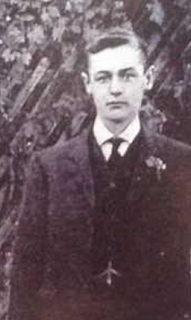Week 24. Prompt: Father’s Day.
As this prompt is relevant time-wise to the other side of the world, I will transgress a little and type out a poem my Daddy composed in 1950 and added to, in 1981.
1950
We have two rascally daughters, their hair’s tomato blonde
and though they are such mischiefs of them I’m very fond
The first her name is Frances - in years she numbers seven
I’m sure her ways will take her to everywhere bar Heaven
And then there’s little Isabel, so sweet, but knows her mind,
She has a perpetual twinkle of the most mischievious kind.
These two have one big brother and fight with him in turn
While Billie he looks down his nose, some day no doubt he’ll learn.
1981
Some thirty years have now gone by, in fact I should add one
And these young lives have since matured and guess what they have done.
Those girls both through nursing trained and overseas they went
And Frances since moved far away, there many years has spent
Her voice has quite a Yankie flow and Mum has changed to 'Mom'
and two young Nelsons are the fruit of life across the pond.
Now Isabel though not so far, 3500 miles or so
has too a fine young family as well a handsome beau
These fine young ladies all named Flynn and Dad his name is John
who finds he has to permanently work his fingers to the bone
But happiness is theirs and friends as many as of yore
when Poppy formed that witty verse some thirty years before
Our Bill became the wanderer, through the world he went
we’d like to see him settle down and wish he be content
But Bill has caught this modern craze and computers are his bend
and what life further holds for him we’ll find out in the end
no doubt a fine young lady will capture him in time
and then the two will gain for each a happy life sublime
Should Nanny Noo and Poppy too now leave this earthly shore
feeling at ease and satisfied to look for what’s in store
and enter in a lighter sphere with all who’ve gone before. |
| Dad (1904-1982); Mum (1913- 1996); brother Bill (1941-2004) in Victoria in the 1960's. |
















